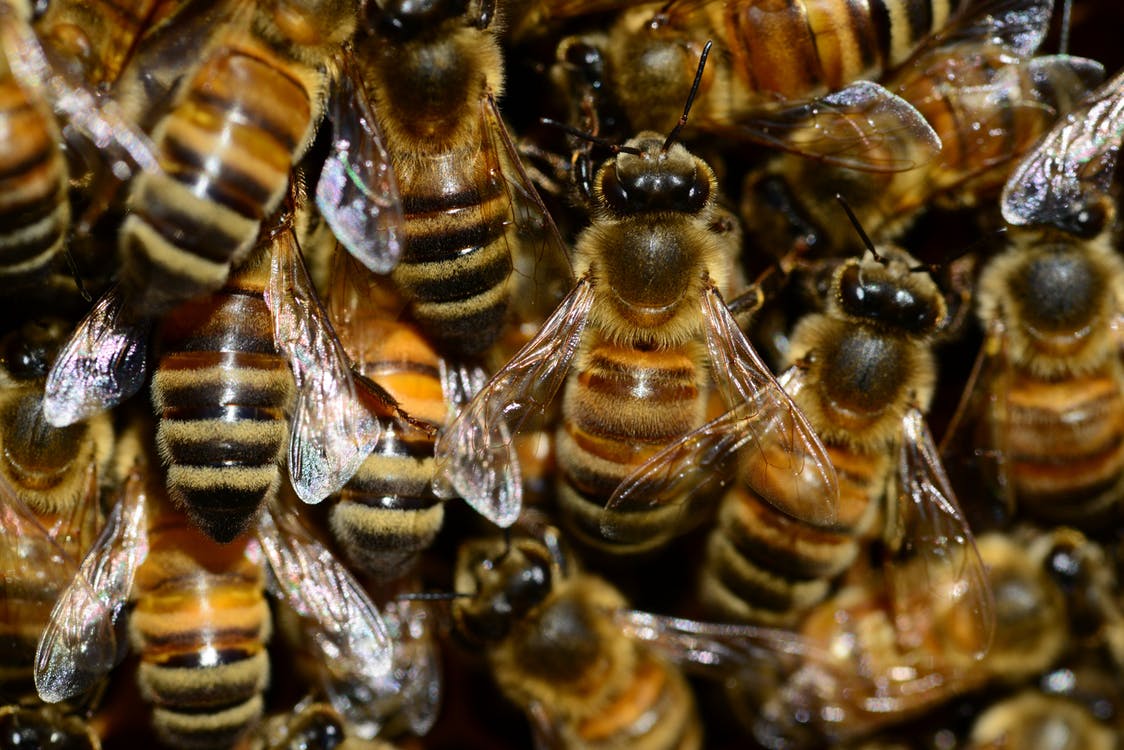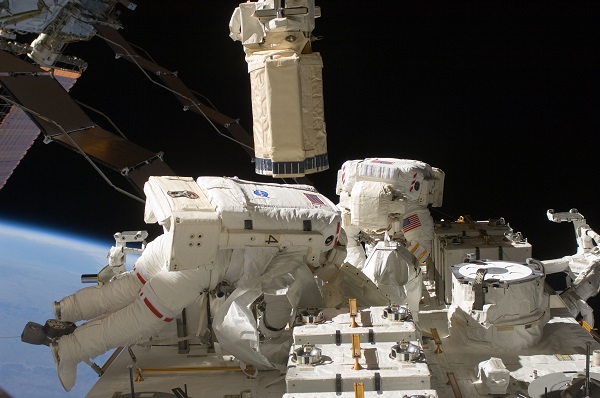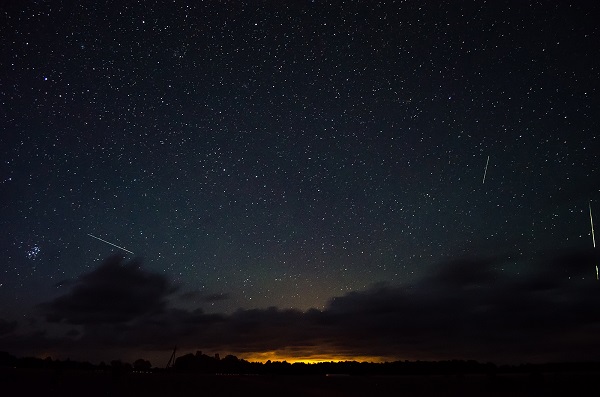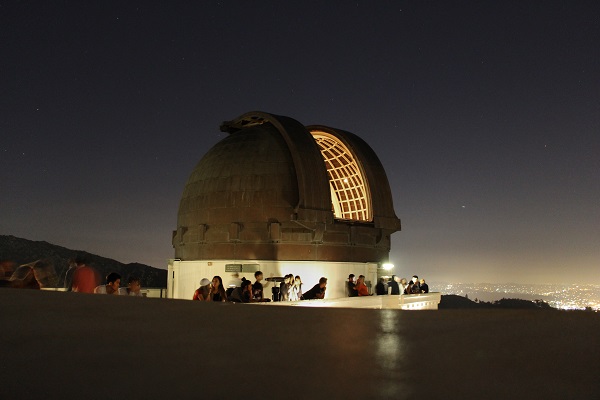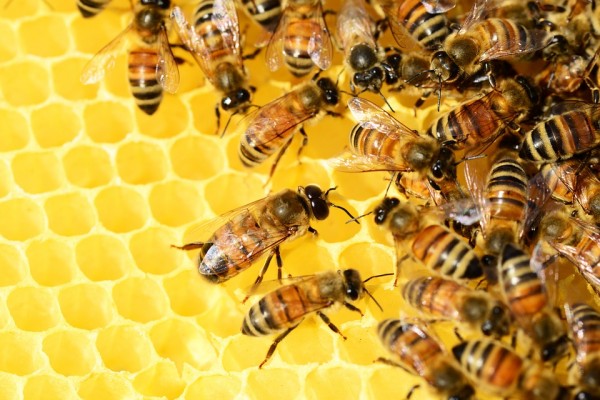
Could North Dakota continue to be the national leader in honey production?
The yearly substitution of queen bees to control hive fertility has hurt the apiary community raising the question as to whether North Dakota could continue to be the national leader in honey production in future years.
Dave Huelsman, the owner of D & L Apiaries, has developed his business since 1992 and now owns 130 beehive places in northwest North Dakota. It is almost impossible for him to place an order to suppliers for 4,000 queen bees, a year ahead if he is to be guaranteed that mated queens come spring.
Guessing which bee communities might fail is a pricey chance apiarists have to take once they have to pay $8 per queen. According to Huelsman, the request has now pushed the price to $24 each. He also added that it’s getting harder to save queens as they tend to lose fertility and eventually end up only producing male offsprings. When this starts happening, the producers consider the hive a dead one.
While a queen’s purpose is to provide the functioning duties of the hive, a drone’s only objective is to mate with a queen.
Without the queens that create worker bees, apiaries are required to requeen hives at an accelerated rate. Huelsman supposed that by giving the queens pollen substitute, they are pushing the queens too hard. Wheat and beets crops offer bees no nutrition and don’t need pollination.
The skepticism with suppliers has changed from buying mated queens to cell-form – which would be mated by their drones after queens get out of their cell. The success rate of this process is estimated by Jay Miller of JL Apiaries at around 80 percent.
The best producer of the cold-pressed honey lemonades, Honeydrop Beverages, celebrates honey’s purity and versatility in honor of National Honey Month this September. National Honey Month acknowledges Colony Collapse Disorder which is a phenomenon that happens when worker bees abandon the colony and leave the queen behind along with nurse bees to look after for the surviving immature bees and plenty of food. This process highly influences the honey production.
The ‘Buy a Bottle, Save a Bee’ program is the initiative of Honeydrop Beverages to fight the Colony Collapse Disorder. With every bottle sold, a percentage of the profit is donated to beekeepers to create new hives and run instructional programs to assist the protection of the bees and to guarantee that honey can be appreciated in the future.
Image source: Pixabay
Latest posts by Karen Jackson (see all)
- Intoxicated South Carolina Man Punches Waitress Who Refused to Serve Him Alcohol - June 29, 2018
- Restaurant Manager Arrested and Charged in Shooting Death of Co-Worker over Negative Yelp Reviews - June 20, 2018
- Minnesota Teen Gets Head Stuck In Oversized Tailpipe Winstock Music Festival - June 18, 2018


